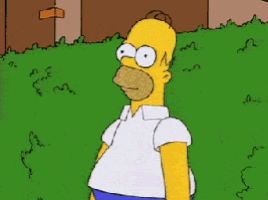What do you think?
Rate this book


192 pages, Mass Market Paperback
First published January 1, 1966











"As a bird easily comes to terms with the necessity of bearing wings when it finds that it is, in fact, the wings that bear up the bird--up, away from the world, into the sky, into freedom--so the woman who accepts the limitations of womanhood finds in those very limitations her gifts, her special calling--wings, in fact, which bear her up into perfect freedom, into the will of God."